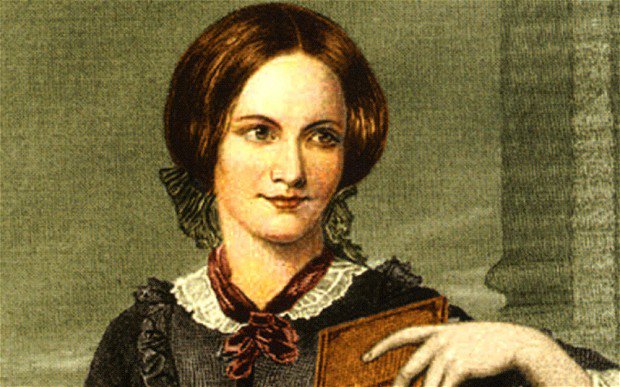Sign up for FlowVella
Sign up with FacebookAlready have an account? Sign in now
By registering you are agreeing to our
Terms of Service
Loading Flow


JANE EYRE
by Charlotte Brontë
What makes Jane Eyre a feminist heroine?
part 2

Jane struggles continually to achieve equality and to overcome oppression. In addition to class hierarchy, she must fight against patriarchal domination—against those who believe women to be inferior to men and try to treat them as such. Three central male figures threaten her desire for equality and dignity: Mr. Brocklehurst, Edward Rochester, and St. John Rivers. All three are misogynistic on some level. Each tries to keep Jane in a submissive position, where she is unable to express her own thoughts and feelings. In her quest for independence and self-knowledge, Jane must escape Brocklehurst, reject St. John, and come to Rochester only after ensuring that they may marry as equals. This last condition is met once Jane proves herself able to function, through the time she spends at Moor House, in a community and in a family. She will not depend solely on Rochester for love and she can be financially independent. Furthermore, Rochester is blind at the novel’s end and thus dependent upon Jane to be his “prop and guide.” In Chapter 12, Jane articulates what was for her time a radically feminist philosophy:
Women are supposed to be very calm generally: but women feel just as men feel; they need exercise for their faculties, and a field for their efforts as much as their brothers do; they suffer from too rigid a restraint, too absolute a stagnation, precisely as men would suffer; and it is narrow-minded in their more privileged fellow-creatures to say that they ought to confine themselves to making puddings and knitting stockings, to playing on the piano and embroidering bags. It is thoughtless to condemn them, or laugh at them, if they seek to do more or learn more than custom has pronounced necessary for their sex.